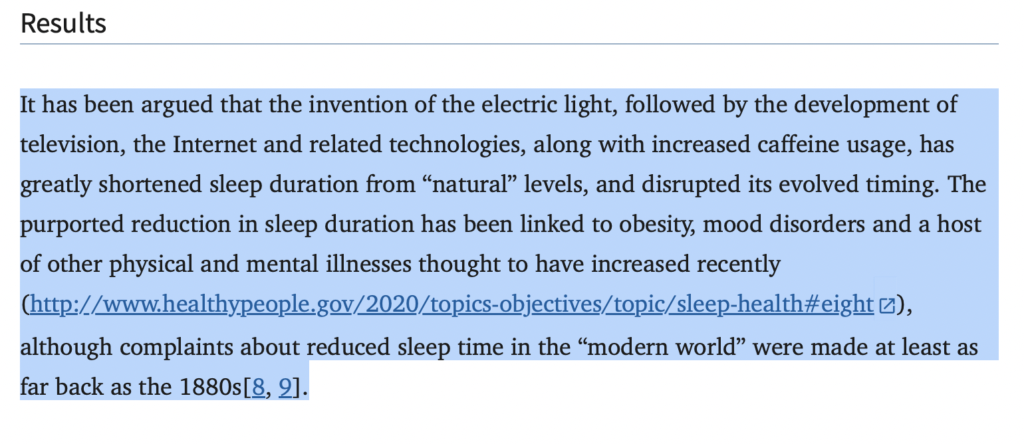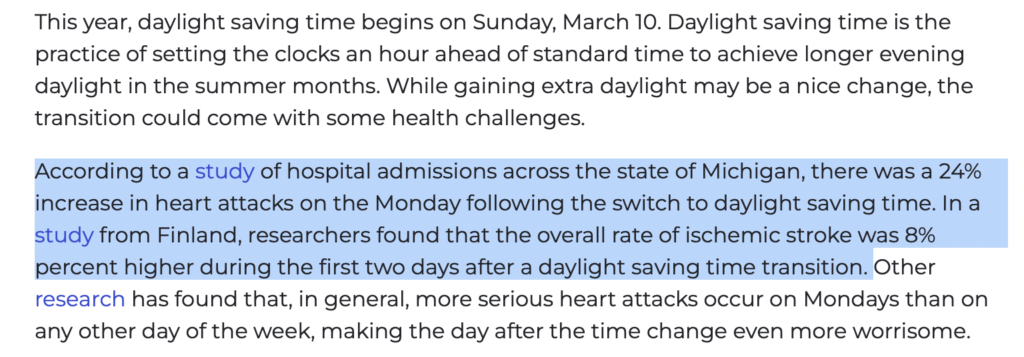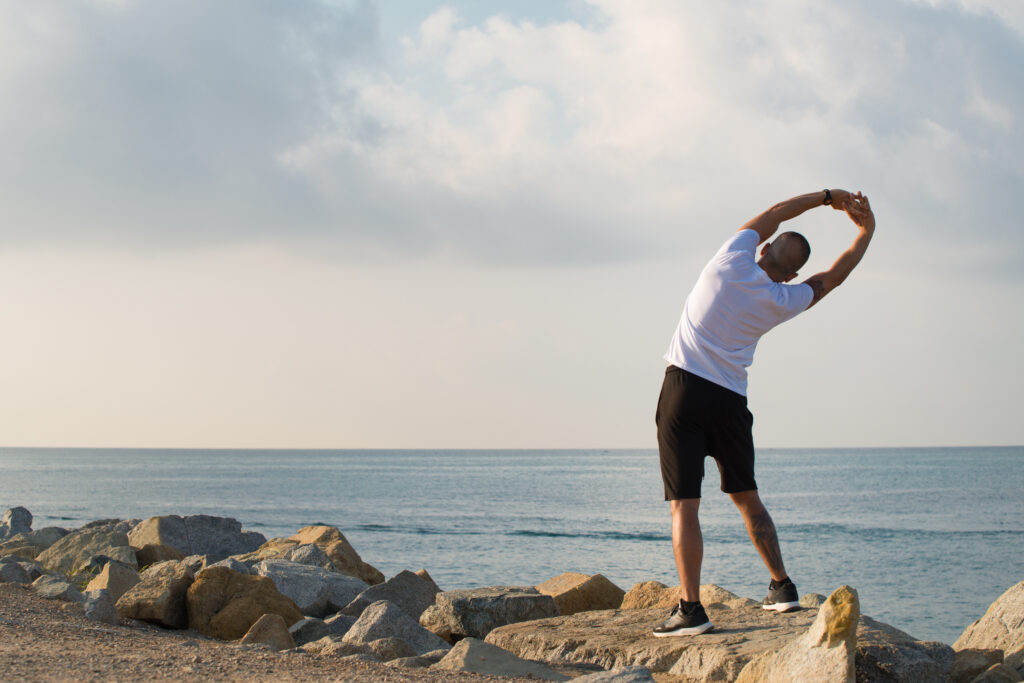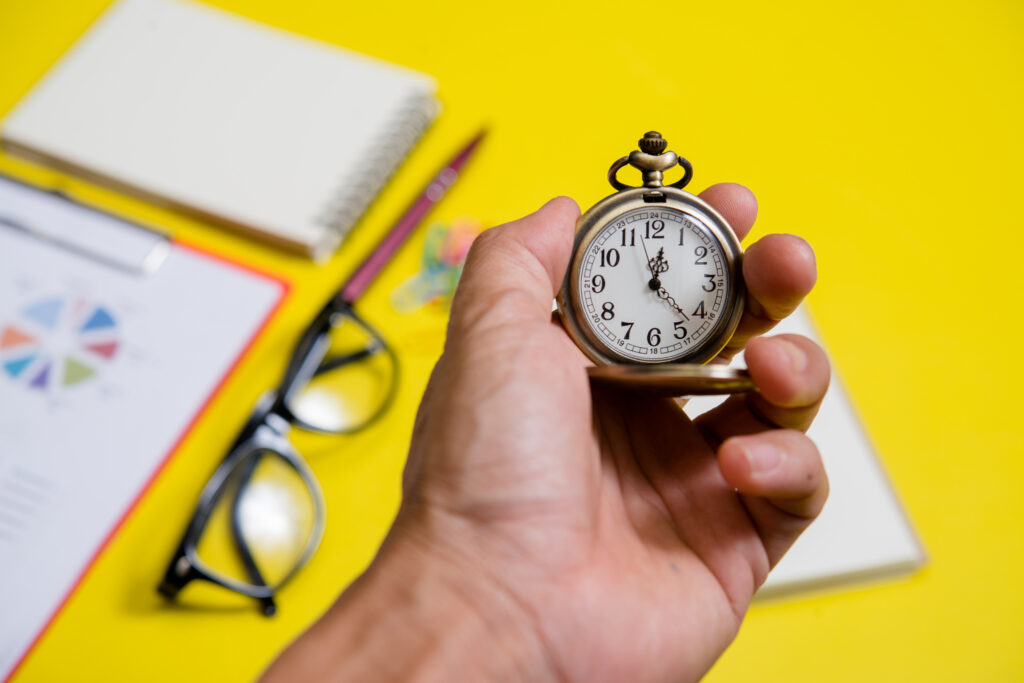Micro-rest
How long did you sleep last night?
Did you manage to squeeze in eight hours, or did you catch only a few restless winks?
Perhaps, like so many, your body whispers or even shouts for a break, but your packed schedule barely leaves room for a full night’s rest.
Before the Industrial Revolution, our rest cycle was largely in sync with natural light. People often followed a biphasic sleep pattern, where the individual takes a short nap during the day, typically around noon, and has a longer core sleep at night. This rhythm was gentle on the body, aligning closely with the natural circadian rhythm of sunrise and sunset. However, with artificial lighting and rigid work schedules brought about by the Industrial Revolution, sleep cycles shifted dramatically. Longer work hours, harsh factory lighting, and the rise of shift work disrupted our body’s natural rhythm, forcing us into an unrelenting single-phase sleep schedule that left little room for restorative rest.
The impact on the body was significant. As circadian rhythms became misaligned, the foundational pillars of health suffered. Cellular nutrition weakened as sleep deprivation limited the body’s ability to repair cells, reducing energy and immunity. Adequate exercise declined as fatigue made physical activity more challenging, and the quality sleep itself became compromised by the rigid demands of modern life. Emotional wellness took a hit as chronic stress and lack of rest affected mood and resilience, while the spirit, the sense of inner peace and connectedness, diminished due to a lack of moments for reflection or restoration.

Take the example of the daylight saving time (DST) transition. It highlights how even small disruptions to our sleep and rest cycles can have ripple effects on our health. Much like the industrial shifts that threw our natural circadian rhythms off balance, DST forces the body to quickly adjust its internal clock, often with adverse effects. Studies show that this sudden change can elevate the risk of cardiovascular events, such as heart attacks and strokes, particularly in the days following the spring shift when we lose an hour of sleep.

It shows that even seemingly minor shifts can place stress on the body. However, this isn’t the only kind of rest your body requires. It also needs brief periods of rest throughout the day to help prevent burnout.
If you want to be a high achiever, you’re likely familiar with the relentless pursuit of excellence, be it in work, fitness, or personal goals. However, success isn’t just about pushing harder or working longer hours; it’s about understanding the importance of rest and recovery. While most people think of recovery as simply passive, ‘resting or sleeping’, there’s another form: active recovery.
Active recovery involves engaging in low-intensity activities that help your body recover while still staying in motion creating a restorative effect. Think of it as a way to keep your energy flowing, like stretching, walking, or even practicing controlled breathing. On the other hand, passive recovery typically involves full rest, like sleeping or simply relaxing without any physical activity. While both forms of recovery are essential, balancing them is key to sustaining energy, boosting productivity, and enhancing long-term well-being.

Table of Contents
ToggleActive Recovery with Micro Rest
Research has shown that even short breaks can create powerful impacts on our cognitive and physical well-being. Studies on mental fatigue and recovery have revealed that structured micro-breaks improve focus, resilience, and emotional health
A study published in Frontiers in Psychology emphasizes how micro-breaks of 20 minutes, spread throughout the day, can reduce stress and prevent the decline in cognitive performance over long work periods. It enables you to approach work with renewed vigor and prevent burnout that often comes from prolonged, unbroken periods of concentration.

The Pomodoro Technique is a popular method of applying micro-rest in structured intervals. This time-management method involves working for 25 minutes, followed by a five minute break. These cycles, known as ‘pomodoros’, create a rhythm that lets you concentrate deeply during work intervals while allowing your brain to reset with short breaks. By aligning your work and rest in short, manageable intervals, you can prevent burnout and maintain focus throughout your day.

Five Strategies for Active Recovery with Micro Rest
For passive recovery, make sleep a priority by maintaining a consistent sleep schedule, optimizing your sleep environment (dark, cool, and quiet), and practicing relaxation techniques before bed (such as reading or listening to calming music). Aim for seven to nine hours of quality sleep each night.
Sleep is the ultimate recovery tool, allowing your body and mind to regenerate. During deep sleep, your body repairs muscle tissue, consolidates memories and clears out toxins. It leads to better decision-making, improved creativity, and greater productivity the next day.
Let’s look at how you can achieve active recovery.
- Controlled Breathing for Stress Management and Focus
One of the simplest yet most powerful active recovery strategies is controlled breathing. The 4-7-8 breathing technique; inhale for four seconds, hold for seven, and exhale for eight, can be done in just a few minutes and is a game changer for reducing stress and improving focus.This technique stimulates the parasympathetic nervous system, calming the body and mind. By reducing cortisol levels, you not only manage stress but also optimize your emotional wellness, which directly impacts sleep quality by promoting relaxation. Controlled breathing helps clear mental clutter, making it easier to stay productive and focused. Over time, this practice becomes a cornerstone of your ability to handle high-pressure situations without burning out.

Image Credits: Freepik - Nature Breaks to Reset Your Mind and Energize Your Spirit
Take a five-minute break every few hours to step outside, breathe fresh air, or observe natural surroundings. Even brief exposure to nature, whether through a walk in the park or sitting near a window, can have a positive effect.Spending time outdoors reduces stress, lowers heart rate, and enhances mood, which supports emotional wellness. Nature breaks provide a mental reset, helping you recharge without feeling like you’ve fallen behind. This supports not only your mental resilience but also promotes better decision-making, clarity, and productivity when you return to your tasks. Moreover, it helps mitigate the negative effects of long working hours on your quality sleep by reducing stress levels during the day.
- Stretching and Mobility for Physical Renewal
Incorporate short stretching sessions throughout the day. You can do simple stretches like the cat-cow pose, forward fold, or shoulder rolls to relieve tension and improve flexibility. Aim for five-minute sessions at least twice a day.Stretching not only improves blood flow and oxygen delivery to your muscles but also aids in keeping your body active without overexertion. These short, restorative sessions help prevent stiffness from long periods of sitting, improve circulation, and reduce the risk of injury, while also promoting better posture. The physical relief gained through stretching helps reduce muscle tightness and eases the physical stress that could otherwise affect your quality sleep.
- Mindful Movement to Enhance Mental and Emotional Resilience Technique
Try mindful movement practices such as walking meditation or yoga. These activities combine gentle movement with deep focus and mindfulness. Consider taking a short walk while paying attention to your breathing or doing a few yoga poses focused on body awareness and alignment.Mindful movement simultaneously supports the body in a low-impact way that encourages awareness and relaxation. It’s a wonderful way to recharge without overexerting yourself, particularly after a stressful meeting or long work session. This technique helps you stay present, recalibrate your emotions, and combat mental fatigue, ensuring that your energy remains steady and your mind is clear for the rest of your day.
- Digital Cleanse for Mental Recovery and Rejuvenation Technique
Schedule digital cleanse moments where you step away from all screens for 5-10 minutes every hour. During this time, avoid emails, social media, or work-related tasks. Instead, take a deep breath, stretch, or focus on something in your environment to give your mind a break.A digital cleanse refreshes your brain, which is constantly bombarded with information and notifications. Disconnecting from screens can significantly reduce mental fatigue and improve your emotional wellness by creating space for relaxation and creativity. It supports mental clarity, giving you the energy to focus deeply when you return to your tasks. Moreover, it prevents digital overload, which can interfere with quality sleep, especially by reducing blue light exposure that disrupts melatonin production.
Download your FREE Circadian Rhythm guide and take the first step toward transformative wellness!
How These Strategies Make You a High Achiever?
By incorporating these strategies into your daily routine, you’re not only optimizing recovery but also reinforcing the five pillars of health that support long-term success. The combination of active and passive recovery provides a balanced approach to health that fosters sustained energy, emotional resilience, and mental clarity which are the key traits for any high achiever.
Disclaimer: The information provided is intended for informational and educational purposes only and should not be considered medical advice. The techniques mentioned are general recommendations and may not be suitable for everyone. Always consult a qualified healthcare provider before making significant changes to your sleep habits, exercise routines, or recovery practices, especially if you have underlying health conditions. Individual needs and responses may vary.
Start your journey to better living with one positive step.
Schedule a one-on-one consultation with our integrative lifestyle experts by calling us at 1800 102 0253 or emailing us at [email protected].
Team Luke
Start Your Wellness Journey
Feeling inspired to take the next step in your wellness journey? Connect with us to explore how our tailored programs can support your health journey. Your transformation is just a conversation away.



